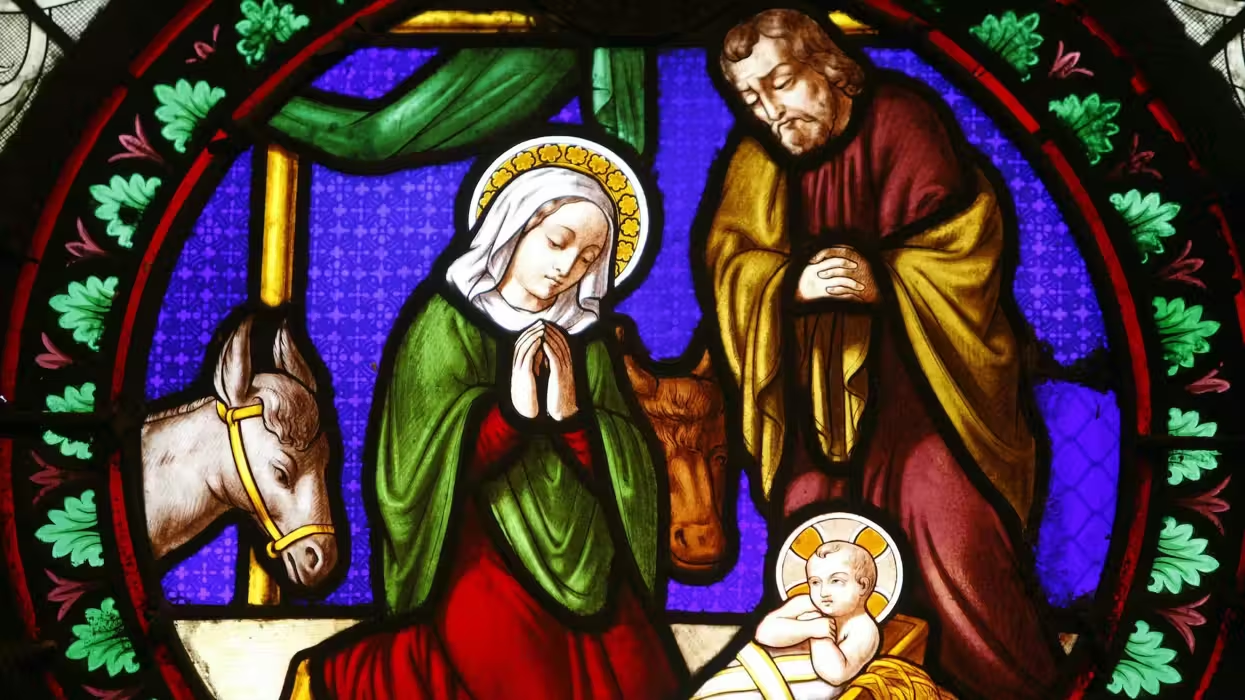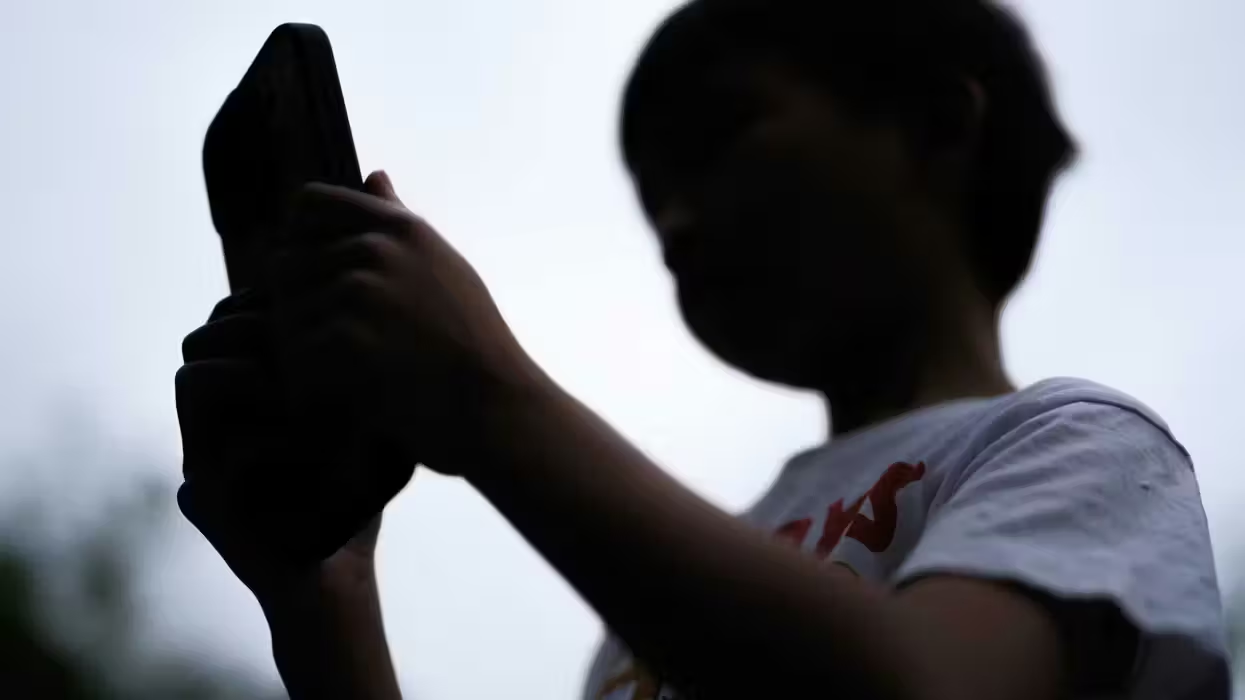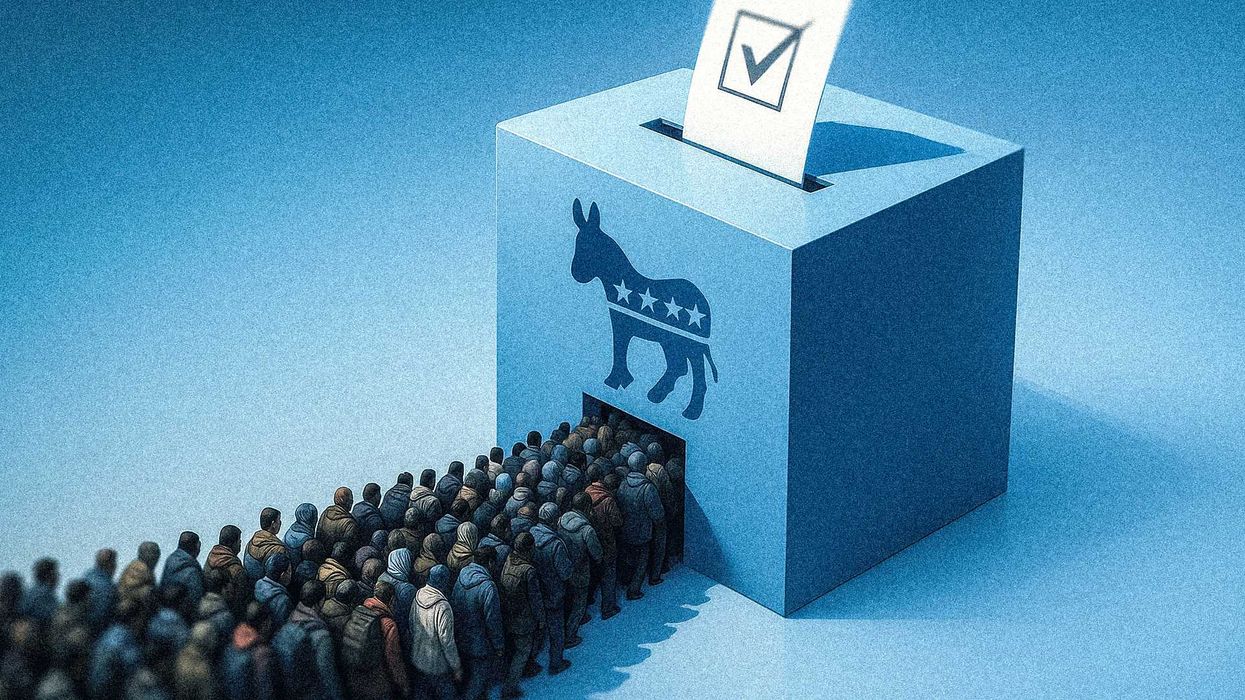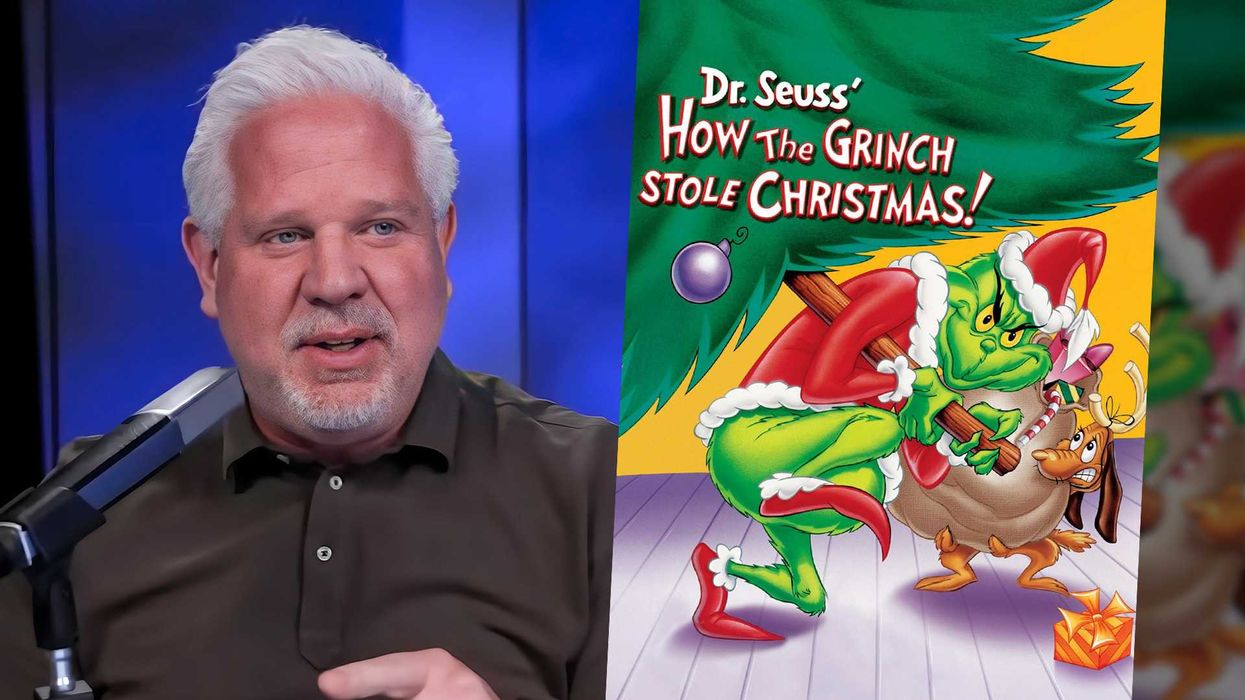
© 2025 Blaze Media LLC. All rights reserved.
39-Year-Old MSNBC Host: My Grandmother Was Lifelong 'Slave,' God Is 'Pretty Pitiful' To Let That Happen
June 20, 2012
"There was no empirical evidence that there was a loving God that had any power"
As the Blaze exclusively reported, MSNBC Host Melissa Harris-Perry has made some startling statements this week. Turns out the Tulane Professor was just getting started. As alternet and rawstory have already reported, Ms. Perry referenced her grandmother as being "enslaved" and "sold on a street corner in Richmond Virginia" in a recent speech. Perry says of her grandmother that she "never knew anything but slavery for herself."
While the Blaze will not judge Ms. Perry's personal family history, it should be noted that for the claim to be true, one's grandparent must have been born around the 1860's or earlier (think Emancipation Proclamation). According to her website, Ms. Perry herself was born in 1973 to a Black father and White mother. Stranger still, she seems to contradict her own story in this tweet:
Was she just being hyperbolic? Maybe made a mistake? Or is she just not telling the whole story? Whatever the reason, perhaps more disturbing than any slip-of-the-tongue about lineage was the harsh anti-God message behind the story. According to Perry, her "enslaved grandmother" believed in God. That belief was misplaced in Professor Perry's opinionated hindsight. "There was no empirical evidence that any being cared about her circumstances" Perry quipped:
"There was no empirical evidence that there was a loving God that had any power ... I mean if there was a loving God He was pretty pitiful. Or if He was powerful He didn’t seem to love [my grandmother]."
Watch her stunning comments here:
Key quotes from MSNBC host Melissa Harris Perry:
- "We are just not a perfect people. We’re just not. We’re kind of like an adolescent country."
- "And particularly for a country that became so dominant so quickly. That became so wealthy in the context of such inequality. That understood itself as standing on a shining hill. We are in our adolescents and we’re making a bit of a mess of it. [audience claps]"
- "Maybe it’s coming from people who are slaves? And Mormons. My white people were Mormons. My black people were slaves, everybody was basically after them. The Mormons got ejected out of Missouri and had to push hand carts across the American west...the black folks got enslaved for a couple of centuries.
- "I guess struggle doesn’t worry me...in the sense of being struggle itself. What I do know is that my enslaved grandmother who was sold on a street corner in Richmond, Virginia believed in God."
- "Now I’m not asking you to believe in God, I’m asking you to think about this. This is a woman who never knew anything but slavery for herself. Never knew anything but slavery for everyone she had been related to."
- "Never expected anything but slavery for all the people who she would be related to in the future. There was no empirical evidence that any being cared about her circumstances."
- "There was no empirical evidence that there was a loving God that had any power...I mean if there was a loving God He was pretty pitiful. Or if He was powerful He didn’t seem to love her."
- "I’m not asking you to believe in God or to accept any sort of supreme being, I’m asking you to think about the faith that is associated with the hope that is not necessarily rooted in the empirical realities that you see around you right at this moment."
Want to leave a tip?
We answer to you. Help keep our content free of advertisers and big tech censorship by leaving a tip today.
Want to join the conversation?
Already a subscriber?
more stories
Sign up for the Blaze newsletter
By signing up, you agree to our Privacy Policy and Terms of Use, and agree to receive content that may sometimes include advertisements. You may opt out at any time.
Related Content
© 2025 Blaze Media LLC. All rights reserved.
Get the stories that matter most delivered directly to your inbox.
By signing up, you agree to our Privacy Policy and Terms of Use, and agree to receive content that may sometimes include advertisements. You may opt out at any time.







